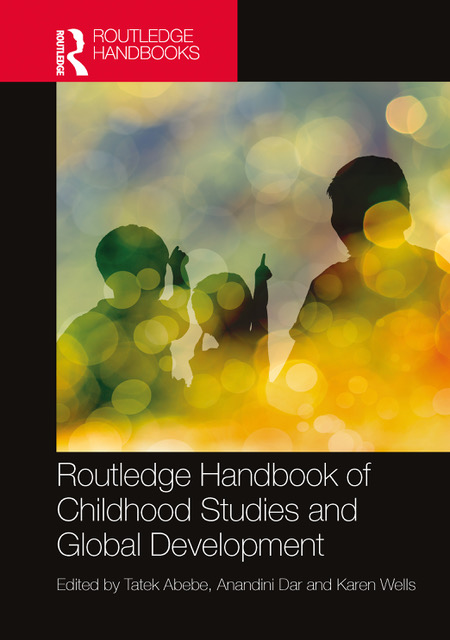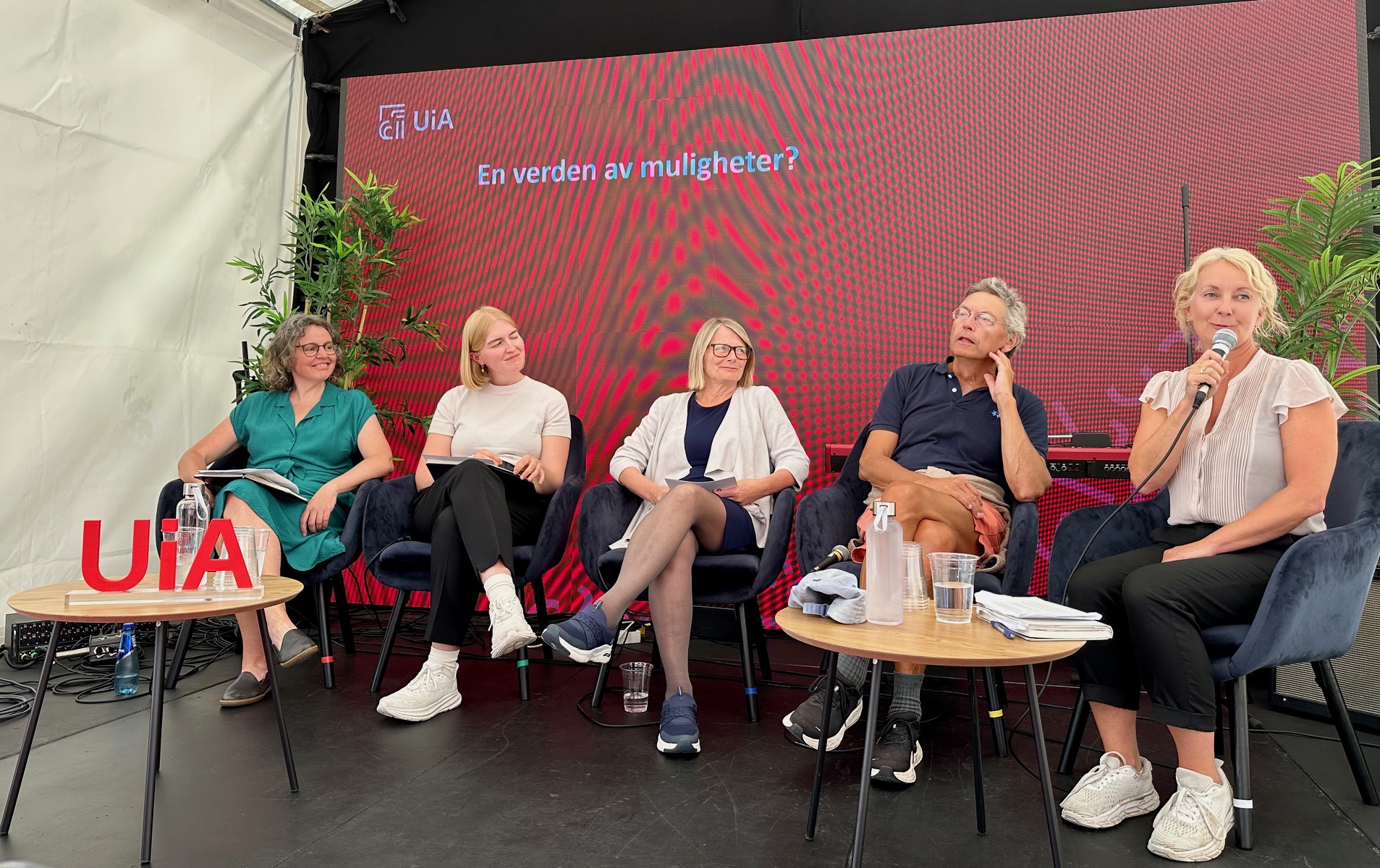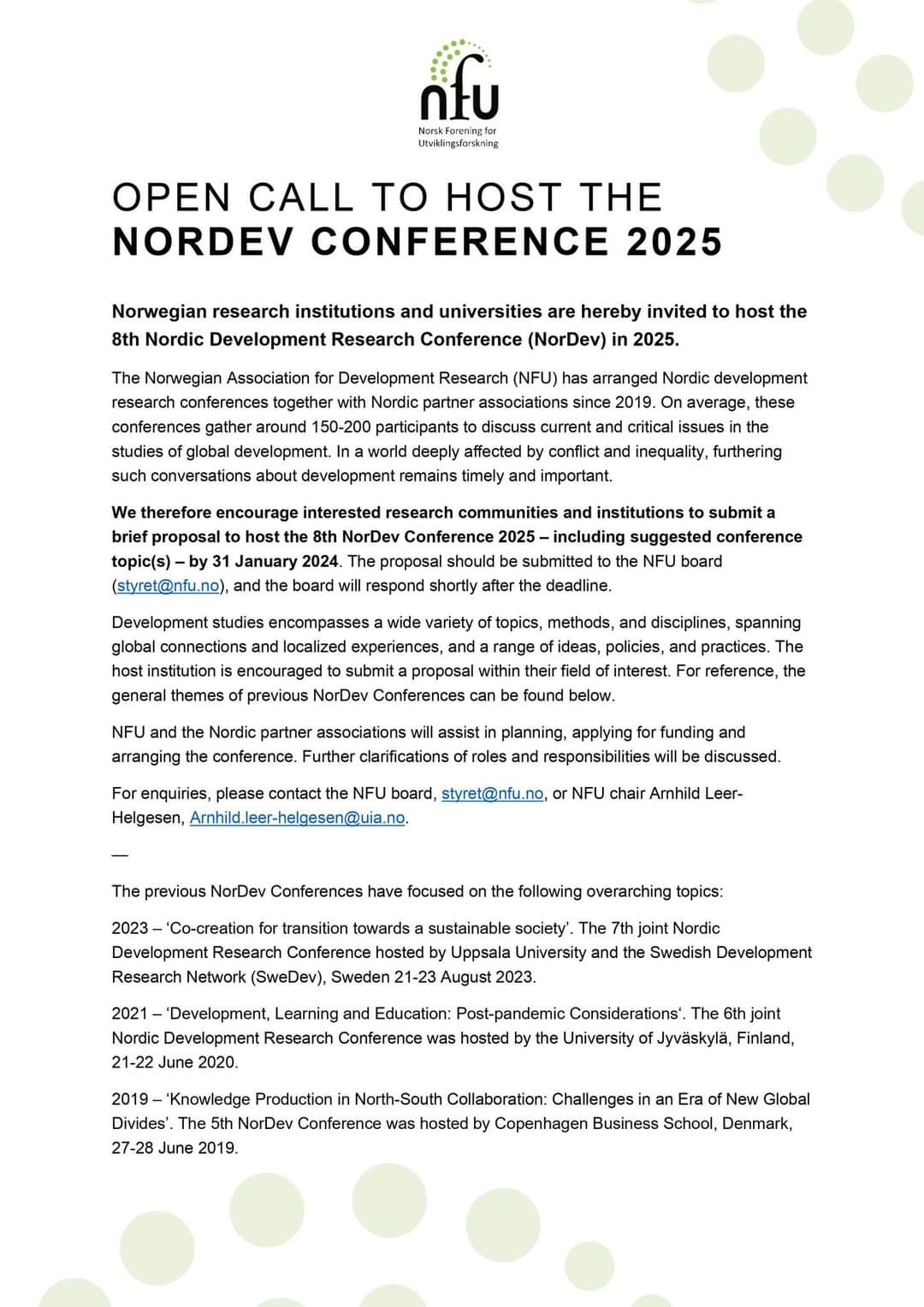Uma Kathari (Confirmed Keynote Speaker)
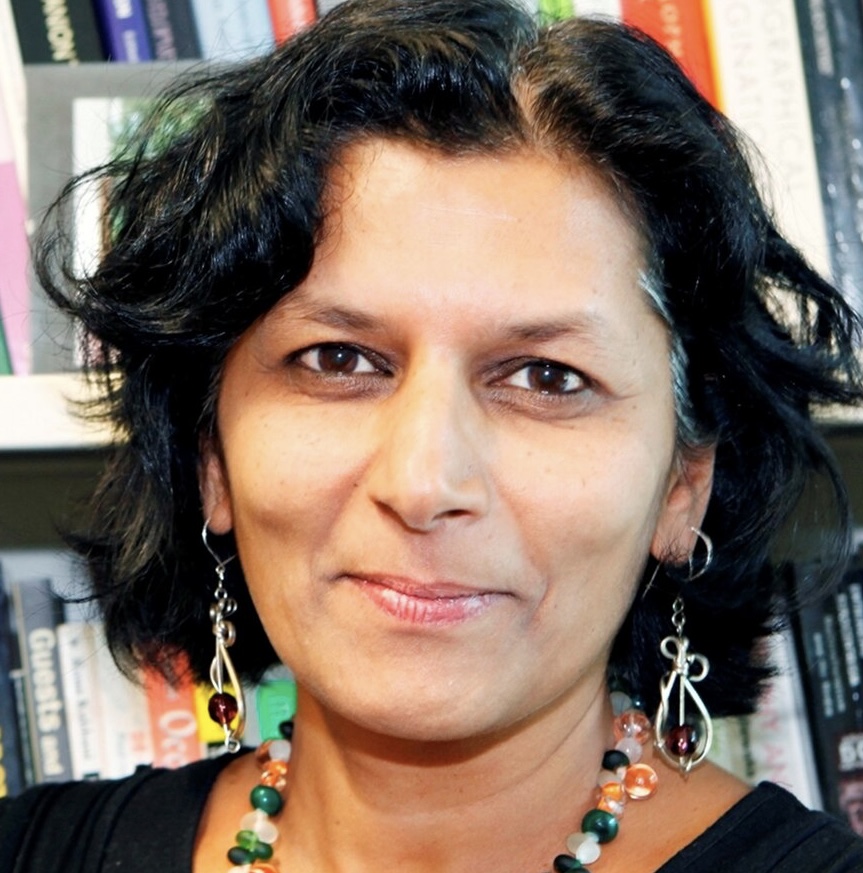
Uma Kothari is Professor of Migration and Postcolonial Studies at the Global Development Institute, University of Manchester. Her research interests include colonial legacies and decoloniality; postcolonial travel; island geographies and the power of stories. Her most
recent book, Critical Global Development, was published in 2023. She is currently a Leverhulme Major Research Fellow on the project ‘Touring Britain in the 1950s: the adventures of postcolonial travellers’.
Olle Törnquist (Confirmed Keynote speaker/panelist)
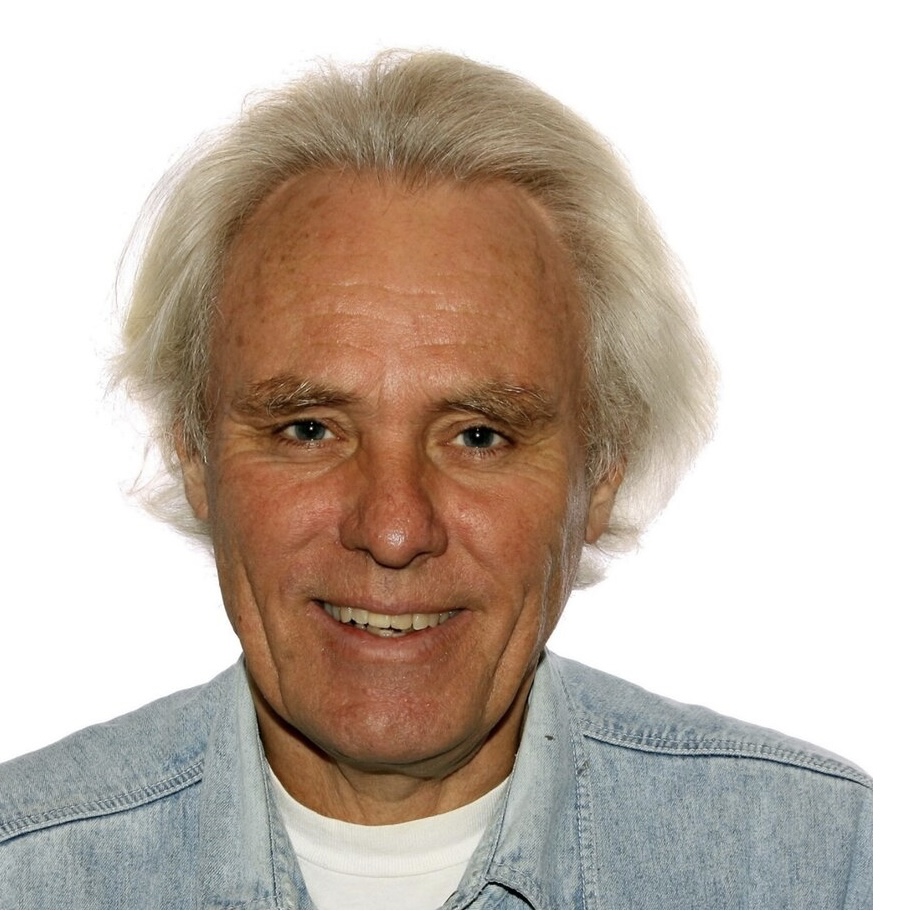
Olle Törnquist is a Swedish global historian and Professor Emeritus of Politics and Development at the University of Oslo, Norway; earlier at Uppsala University. He has written widely on radical politics, development and democratisation. His main empirical focus since the 1970s has been Indonesia, India and the Philippines, with Scandinavia and South Africa and Brazil as reference cases. The results were recently summarised in In Search of New Social Democracy: Insights from the South – Implications for the North (Zed-Bloomsbury).
Andrea Ordóñez Llanos (Confirmed Keynote speaker/panelist)
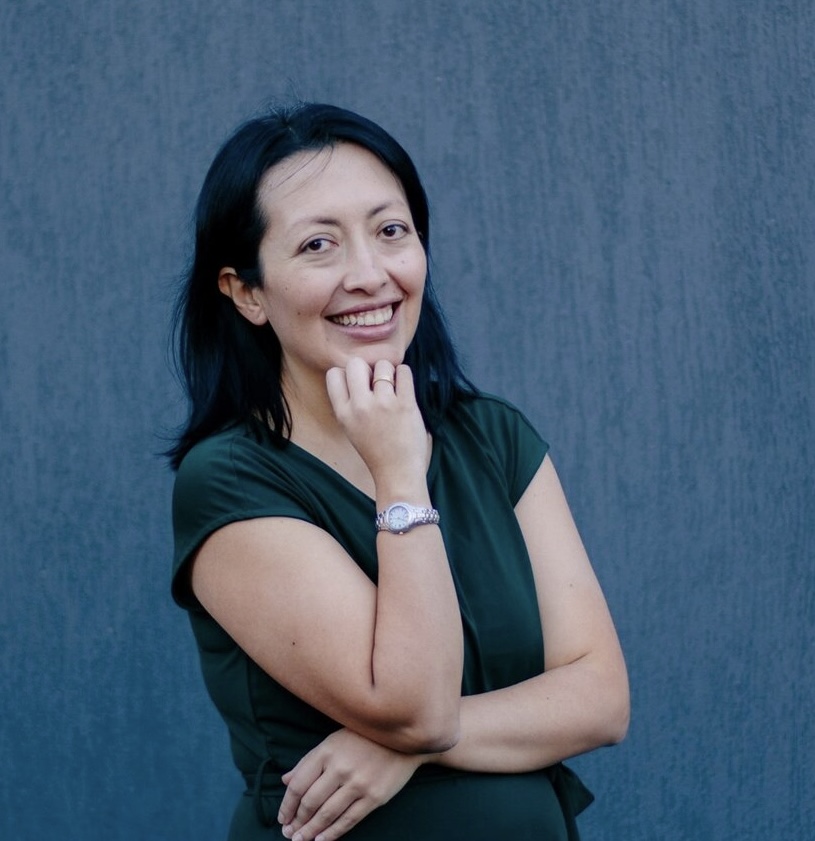
Andrea Ordóñez Llanos co-founded Southern Voice, a network of over seventy think tanks from Africa, Latin America & the Caribbean, and Asia leveraging southern evidence and analysis to promote fair global development debates. An economist by training, Andrea was previously Research Director at Grupo FARO, a think tank in Ecuador. She aims to ensure that new voices and ideas from the Global South are heard across regions to advance some of the most complex problems of our time. Her research interests are social
policy, public finance, development financing, and international cooperation. She is a member of FCDO’s International Development Expert Group, the International Scientific Advisory Board of the German Institute of Development and Sustainability (IDOS), and a Publish What You Fund board member.
Vivian Price (Researcher and Filmmaker)
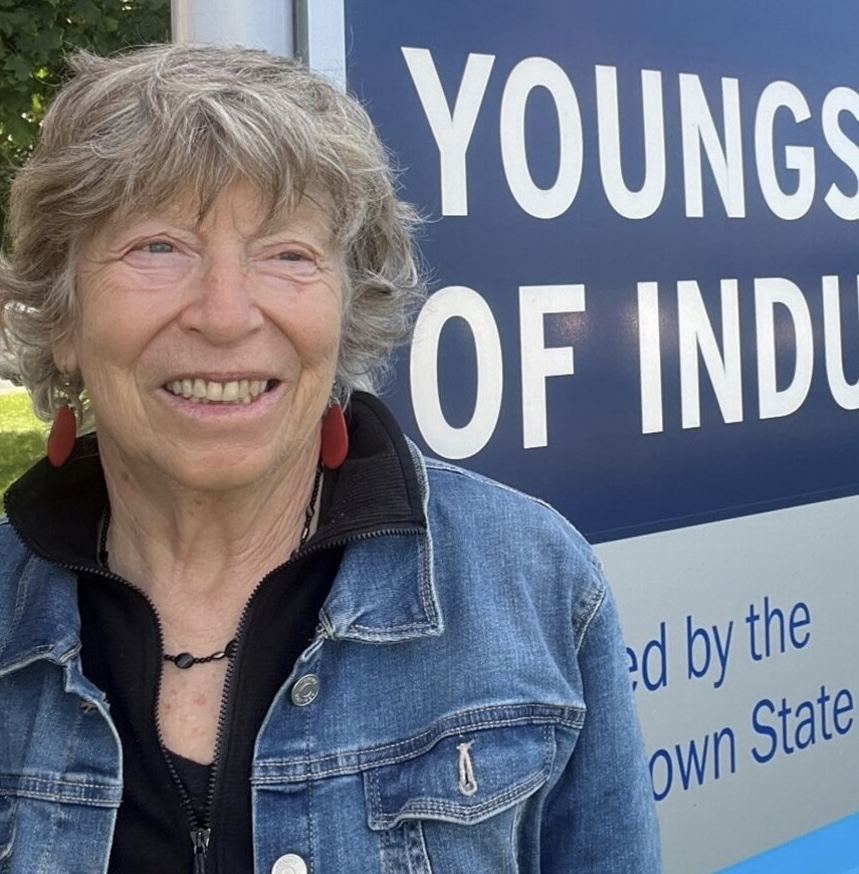
Vivian Price, PhD, Professor at California State University, Dominguez Hills & former union electrician, is a researcher and filmmaker for US and international projects on labor and climate justice. She was a Fulbright scholar at the University of Liverpool, a Fulbright specialist in Norway, working with the WAGE team at the University of Oslo on the perspective of oil workers on climate change, where she directed several video projects including Talking Union, Talking Climate. Price is a member of the Climate Industry Research Team for the Canadian Building Trades Union project on climate literacy in the construction industry. She is directing short films as part of “Transition: action, concepts, debates and strategies – an international comparison,” a study based in the Leeds School of Business and is a visiting scholar at the University of Eastern Finland working on a film on workers and environmentalists in the context of Finnish forest climate sink, as well as
serving on the research team for the Critical Minerals Just Transition Listening Project (Sloan Foundation).





